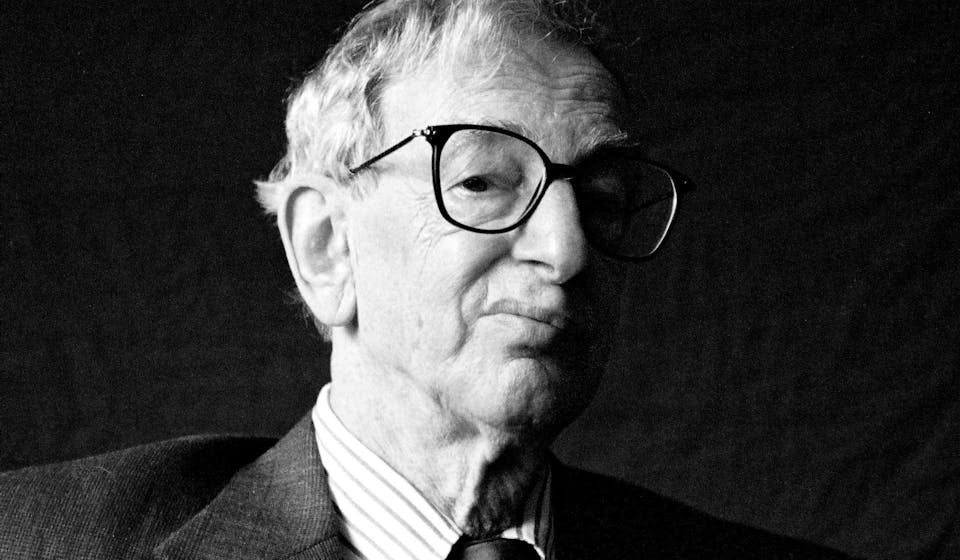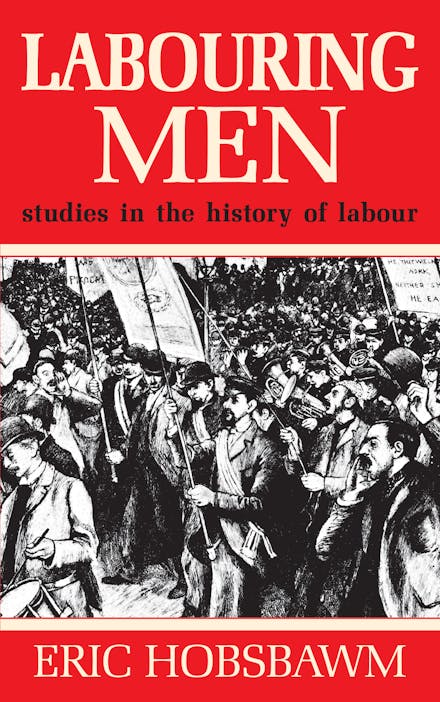Imprint
- W&N
Prose: non-fiction, European history, Modern history to 20th century: c 1700 to c 1900
The topics covered in this book can be divided into four broad groups: studies of labour conditions up to the middle of the nineteenth century; studies in the 'new trade unionism' of 1889 to 1914; studies in the late nineteenth-century revival of Socialism in Britain; and more general topics covering a wider chronological span. The common factor in this wide-ranging work is that, unlike much other work of labour history, it concentrates on the working classes as such, and on the economic and technical conditions which allowed labour movements to be effective or which prevented their effectiveness.
This work is notable not only for its clarity and incisiveness, but also for the richness and variety of the material, which ranges from Marx to Methodism and from labour traditions to the machine breakers.

Eric Hobsbawm
Eric Hobsbawm was a Fellow of the British Academy and the American Academy of Arts and Sciences. Before retirement he taught at Birkbeck College, University of London, and after retirement at the New School for Social Research in New York. Previous books include AGE OF EXTREMES, THE AGE OF REVOLUTION and THE AGE OF EMPIRE. He died 1st October 2012













































.png?auto=compress&w=150&h=60&fit=crop&fm=jpg)

.png?auto=compress&w=150&h=60&fit=crop&fm=jpg)


